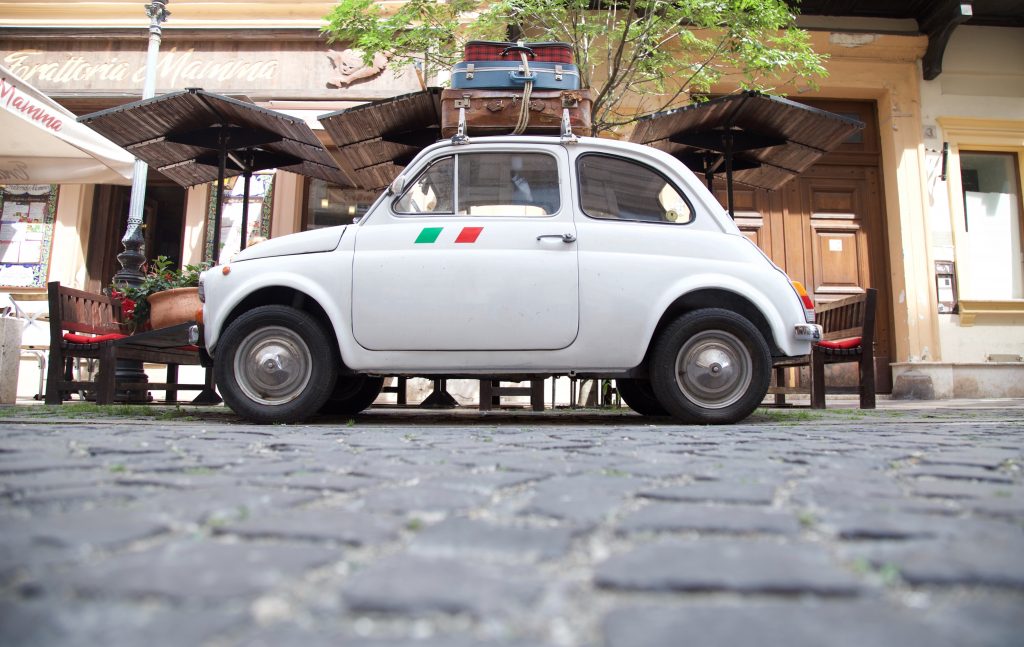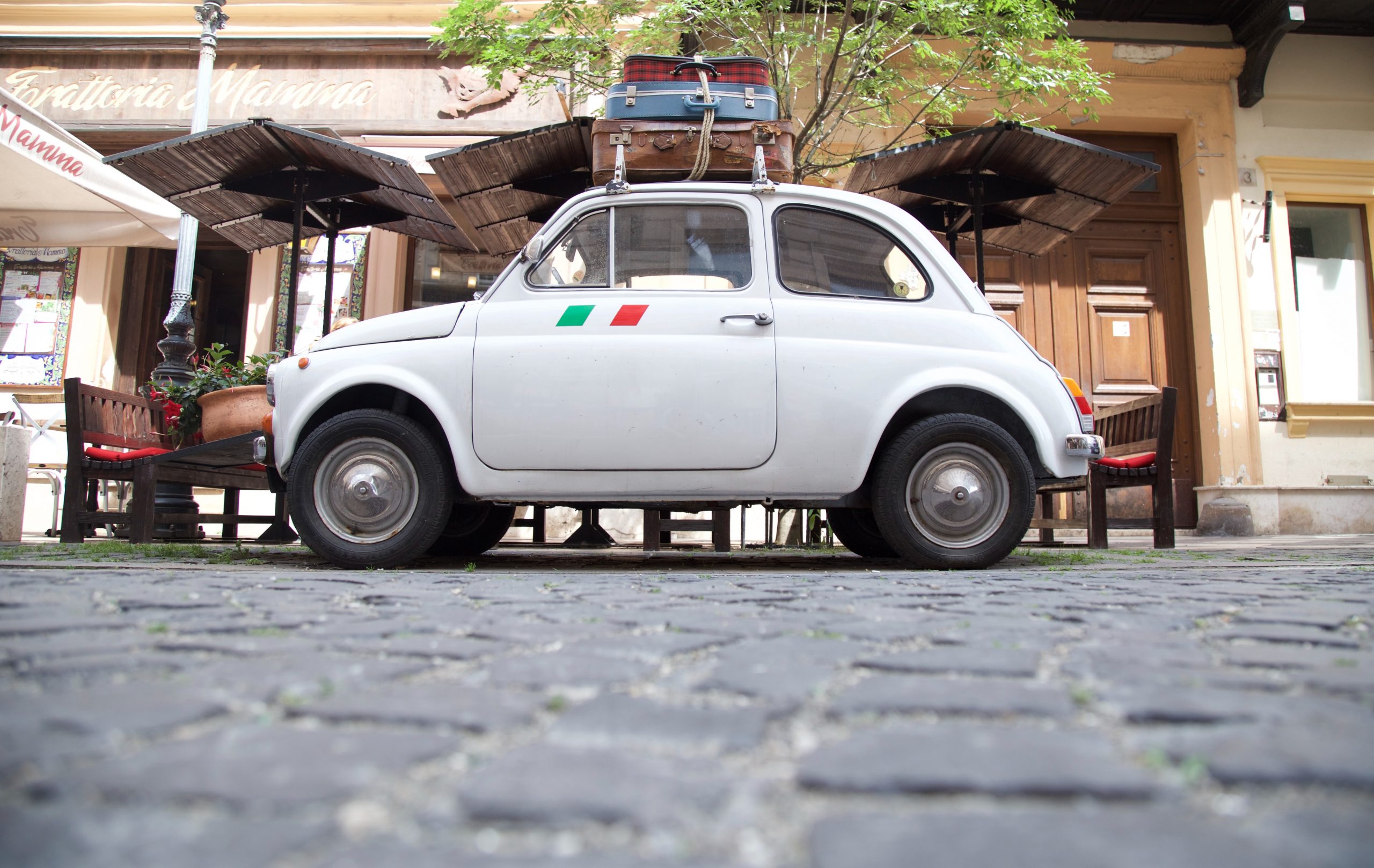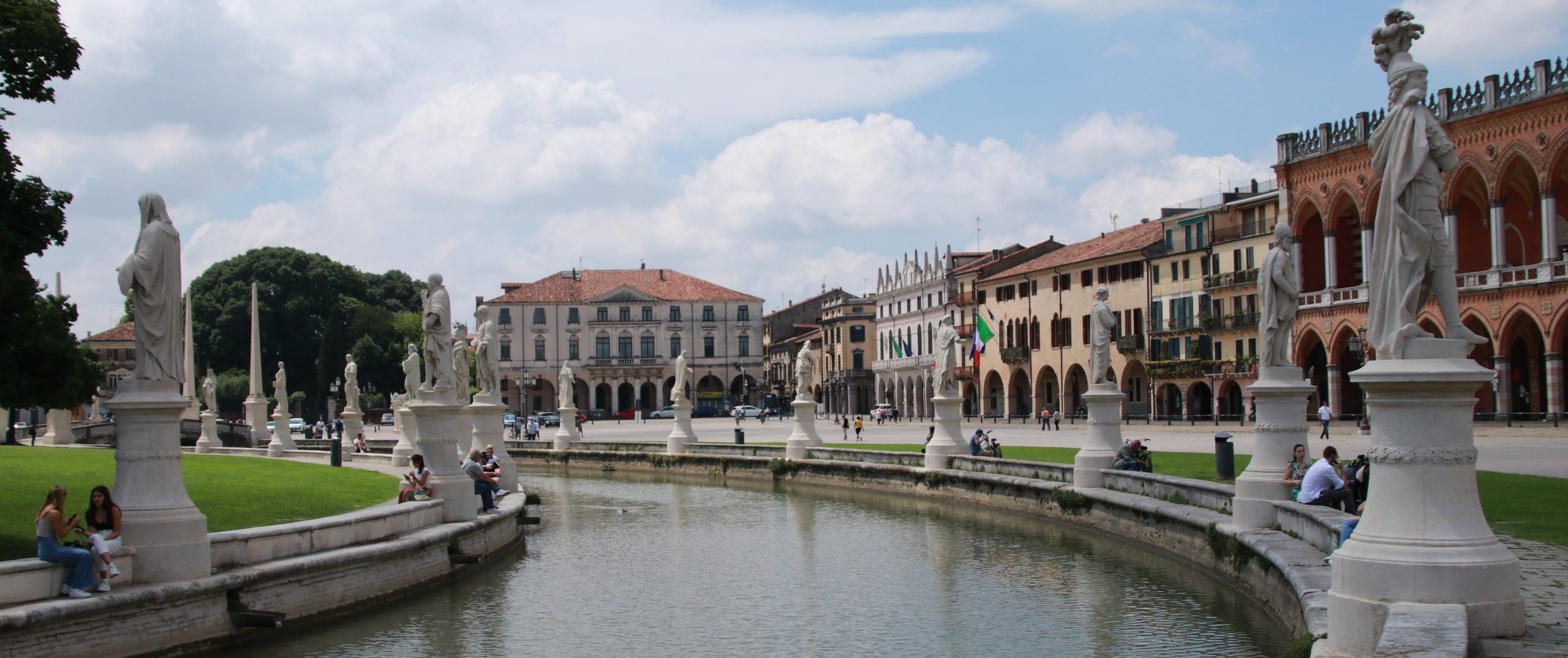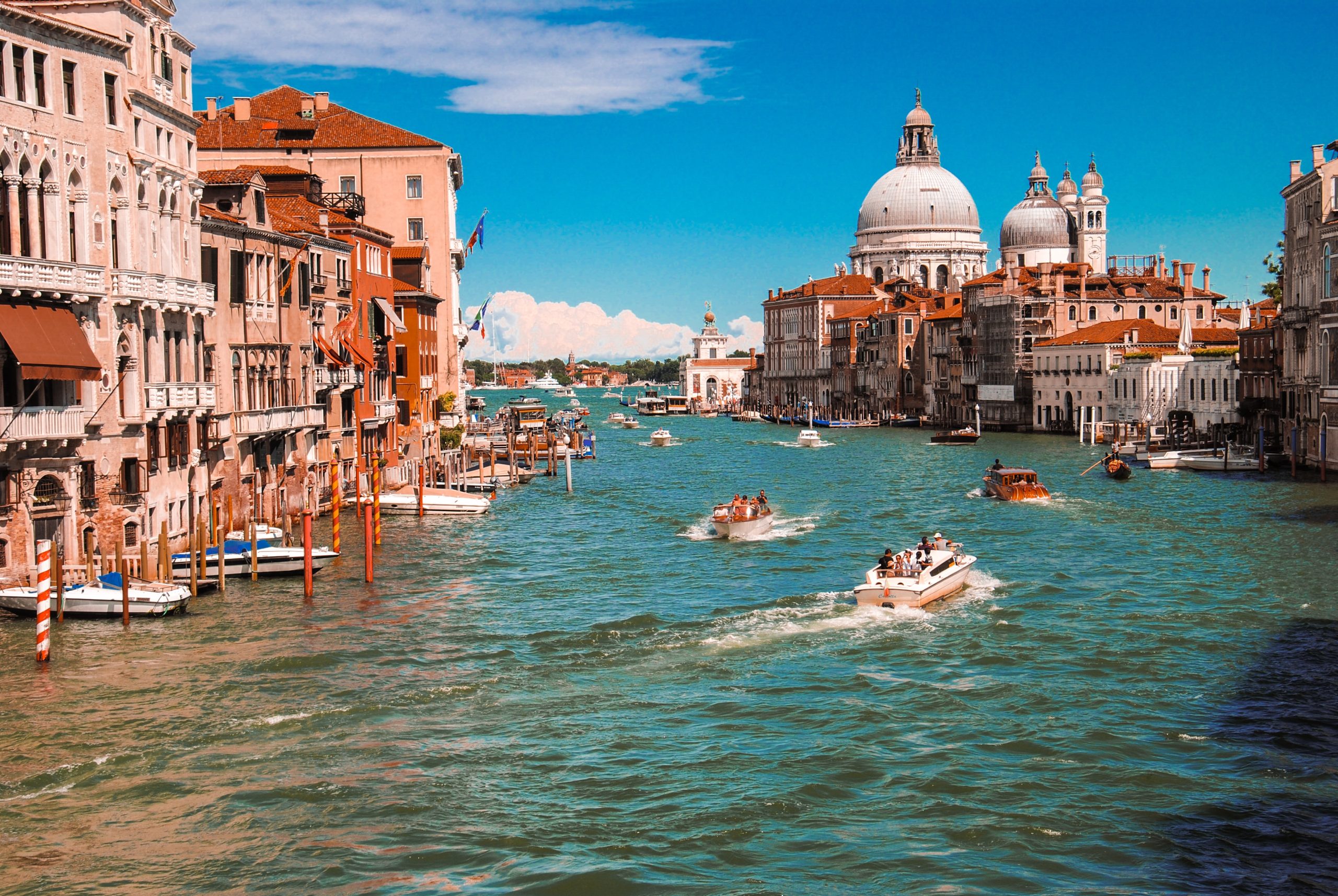If you are descended from an Italian citizen, you are likely to be eligible to claim Italian citizenship. Having an Italian ancestor is not enough to claim your Italian citizenship, in fact you must also demonstrate that the citizenship was passed forward from your Italian ascendant to you.
Since 1992 Italy allows dual citizenship, meaning that you can be an Italian citizen and US citizen (just an example), before such time, the voluntary acquisition of any non-Italian citizenship meant the automatic renunciation to the Italian ones.
If your ancestor was born overseas in a country that allows the ius soli rule of citizenship, then the foreign citizenship has been acquired involuntarily, hence they could pass the Italian citizenship onwards to their children. A general exception to this rule is if your ancestor renounced the Italian citizenship prior to having any descendent, in such a case the Italian citizenship is not passed forward.

Table of Contents
ToggleHow to claim your Italian citizenship through heritage?
First of all you need to do some research. You need to identify precisely who your ancestor was, and provide the basic information:
- Full name;
- Date of birth;
- Place of birth;
- Date of immigration overseas;
- Date of naturalization (if happened);
- Lineal descendants.
Once you have this information, you need to find out if you can qualify for Italian citizenship. The following cases qualify you for Italian citizenship.
- Any child born from an Italian parent, or from a parent with the right to claim Italian citizenship;
- If the child was born before 1992, the Italian parent should not have renounced Italian citizenship prior the child’s birth;
- If the lineal ascendant is a woman born before January 1st 1948, the claim to citizenship is not automatic, and you need to appeal to the Tribunal to enforce the citizenship claim;
- Any ancestor naturalized before June 14 1912 cannot carry forward Italian citizenship under any circumstance.
The above conditions must be met by ALL of the lineal ascendants, if any interruption occurs at any point of the lineage, you are disqualified from claiming your Italian citizenship.
How does the Italian citizenship application process work?
The application process is generally administered by the Italian consulate where you reside. You need to provide to them your personal file, connecting your ancestor(s) to you, therefore you need to file:
- Your ancestor(s) birth certificates from Italy;
- Death certificates;
- Marriage certificates;
- Documents proving the name change during life (if applicable);
- Your vital records.
It is also possible to secure a VISA to Italy and request the procedure at any local Comune where you take up your residency. This process is normally faster since the consulate is not in charge of this procedure, thus removing a layer of bureaucracy on top of this process.
What if my ancestor is a woman born before January 1st 1948?
If that is your case, you can still qualify for Italian citizenship, however you need to obtain this recognition through a court order instead of the administrative procedure. This means that you can still have your Italian passport, but you need to hire a lawyer to represent you in front of the court.
This discrimination based law has been challenged in court, and in 2009 the Italian tribunal has stated that the non discrimination laws applied by the Italian constitution approved in 1948 apply retroactively as basic principles.
This court ruling has paved the way to numerous other appeals, allowing the Italian citizenship applicant to claim the Italian passport on the ground of this court order.
Notwithstanding this ruling, you must still prove your ancestry lineage.






